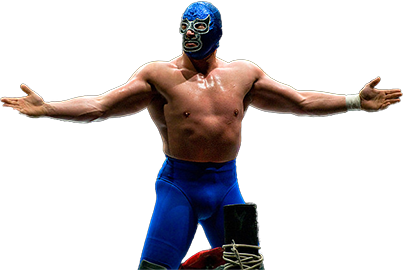The post-pandemic consumer is embracing secondhand clothes
26 noviembre, 2021 2022-05-10 18:25The post-pandemic consumer is embracing secondhand clothes
en
26 noviembre, 2021

The post-pandemic consumer is embracing secondhand clothes
Gucci’s Men’s Cruise Collection 2018
The number of people open to selling their used clothes is on the rise as well. The study found there were 52.6 million total sellers last year – with 69% of those being first time sellers. And the total number of sellers is expected to more than double.
Fashion is no longer about having the trendiest styles. Instead of chasing the latest must-have brands and designs, consumers are now pricing in the environmental footprint of their clothing. Many are choosing secondhand upon the realisation that buying preloved items helps to extend the lifespan of products, reduce unsustainable new production and divert waste from landfills.

Breaking Up With Fast Fashion Has Been Easier
Not only are consumers buying secondhand items, which in itself is more eco-friendly as it helps to lengthen the lifespan of products, shoppers are looking to go that extra mile by buying preloved sustainable garments. Consumers are seeking sustainable bargains even though they’re stuck at home. Consignment marketplace Poshmark recently told Forbes that its user base has jumped to 60 million, with sellers from mid-March to mid-June in 2020 sharing an astonishing 60 million listings every day – double the numbers recorded prior to Covid-19.
“I try as much as possible to give you a great basic product and what comes out, I feel, is really amazing.”
The reasons vary, from environmental and sustainability factors to dramatically lower prices for name-brand items. There’s also a thrill of the hunt aspect to shopping in secondhand clothing stores. Buying used clothes is far from a new phenomenon. A certain segment of every new generation of teens and 20-somethings invariably gets drawn into spending time combing through the racks at thrift shops or flea markets. But in the last decade, the emergence of online, peer-to-peer fashion resale marketplaces has turned the act of purchasing and selling used clothes into a much more mainstream activity.
Sudadera Campeon
$550.00
Sudadera Demon
$550.00
Gorra Gris View
$480.00
Gorra Azul View
$480.00
Mascara Shine Marino
$2,000.00
Mascara Shine rey
$2,000.00





















